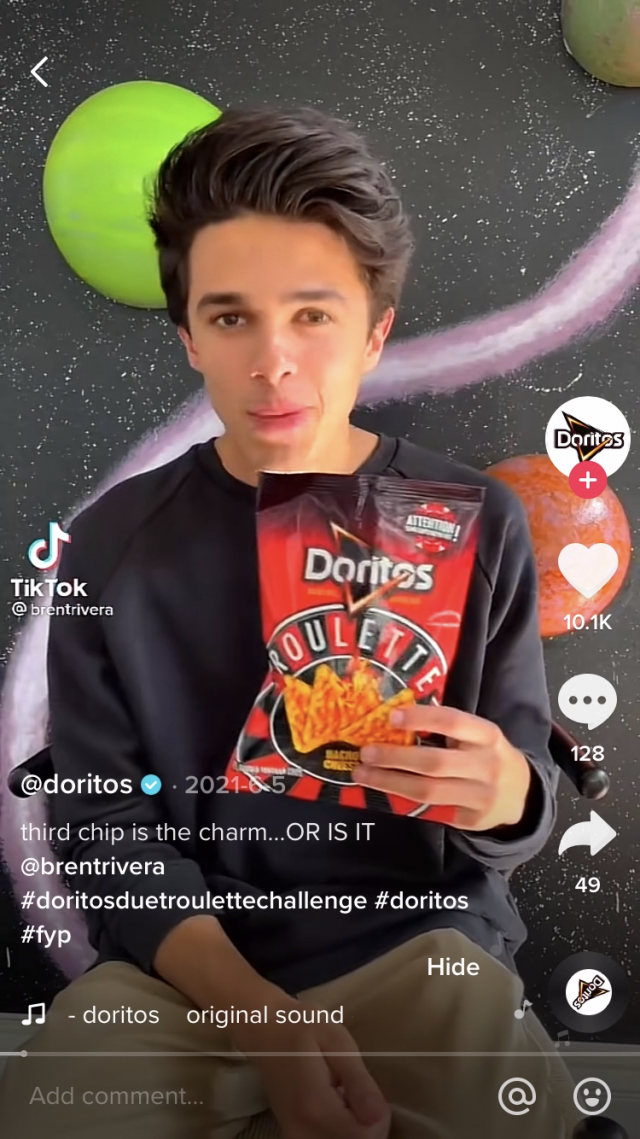New research released this week by Deakin University suggests that junk food companies are using a range of strategies to recruit children as online brand ambassadors to market their products.
Researchers from Deakin University’s Global Obesity Centre (GLOBE) conducted an analysis of content posted on the TikTok accounts of 16 top-selling international food and beverage companies.
Their findings show that companies are using marketing strategies that directly appeal to children, such as promoting hashtag challenges that encourage users to create and share content featuring the companies’ products.
These user videos displayed the big brands’ products in an overwhelmingly positive way and had racked up billions of views; videos responding to one of Pepsi’s hashtag challenges had been watched over 100 billion times.
Deakin Associate Professor Kathryn Backholer said these big brands and TikTok were turning users, many of them children, into online marketers for their products.
“This is an incredibly insidious strategy by TikTok and junk food marketing companies,” she said.
“TikTok’s own website describes these challenges as an opportunity for companies to turn TikTok users into their ‘unofficial brand ambassadors’ and we know that many TikTok users are children.”
Lead author of the study, Ruby Brooks, Associate Research Fellow at GLOBE, said these challenges were just one questionable tactic used by food companies to target consumers and children.
“We found that companies are using facial recognition to estimate customers’ age, sex and mood to tailor foods that are shown back to customers on menu boards,” she said.
“These companies predominantly sell unhealthy foods and the use of tactics like these is likely to drive increased selection and consumption of these foods.
Associate Professor Backholer warned that government leadership was critical in protecting children from these exploitative practices.
“Our study highlights the need for greater scrutiny of the actions of these big food companies, but also of the big technology companies that work with food companies,” she said.
“Strong government-led policies to protect children from the harmful impact of unhealthy food marketing are urgently needed. This is about putting our children’s health before industry profits.”
TikTok responded to the research, saying the company had a number of policies in place to safeguard the well-being of its users, especially children.
“The safety of our community is a top priority, which is why we have clear advertising policies on what is and isn’t allowed to be advertised on TikTok,” a TikTok spokesperson said.
“Our policies explicitly state that ads for HFSS foods should not feature a specific call to purchase and should not be aimed at users aged 16 years and under.”









